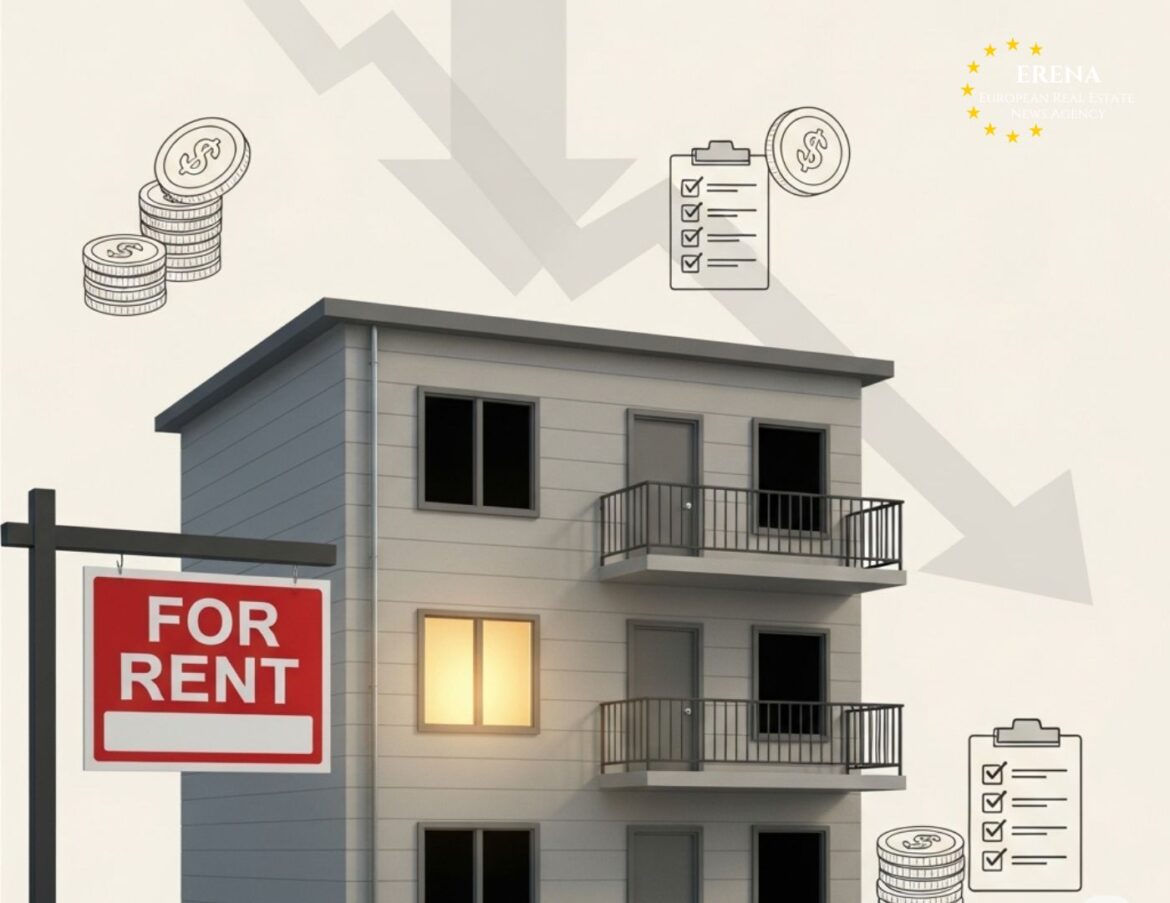In today’s evolving European real estate market, many landlords are facing a common challenge: rental income is declining. Whether it’s due to market oversaturation, increased regulation, or shifting tenant behaviors, falling rental revenue can disrupt your investment goals. But there are proven strategies you can adopt to safeguard your cash flow and maintain a profitable rental business.
This article explores the key reasons behind rental income reduction in 2025 and outlines smart, actionable tactics to protect your earnings—specifically tailored for landlords across Europe.
Why Is Rental Income Dropping?
Several factors can contribute to declining rental returns:
- Oversupply of rental properties: Especially in urban areas where new developments flood the market, lowering competition.
- Weakened tenant affordability: Rising living costs, inflation, and unstable employment can reduce tenants’ ability to pay.
- Stricter rental regulations: Many EU countries are imposing rent caps, license requirements, and restrictions on short-term rentals.
- Aging or unattractive property: Outdated units struggle to compete with modern, energy-efficient alternatives.
- Poor pricing strategy: Asking too much can result in long vacancy periods, while underpricing erodes profitability.
Smart Strategies to Protect Your Rental Cash Flow
1. Adjust Your Rent to Match the Market
Regularly benchmark your rental price against similar listings in your neighborhood. Online platforms like Idealista, Seloger, and Immowelt offer valuable data.
Tip: Pricing your property slightly below the local average can minimize vacancies and lead to higher overall annual income.
2. Improve Property Appeal
Investing in property upgrades can make a big difference. Consider:
- Fresh paint
- Energy-efficient lighting and windows
- Modernized kitchen or bathroom
- Improved heating or insulation
Example: In cities like Milan, homes with A-rated energy certificates command 10–15% higher rents than D-rated equivalents.
3. Target the Right Tenant Demographic
Reassess your target audience. If you’ve been renting to students, consider young professionals or families. Each group has unique expectations and financial profiles.
Focus on long-term tenants for greater stability, especially in regions where short-term rentals are heavily regulated.
4. Minimize Vacancy Gaps
- Offer flexible move-in dates
- Provide discounts for fast decisions
- Work with relocation agents or corporate housing platforms
Tool: Use automated calendars to plan property turnover and maintenance well in advance.
5. Automate Management Tasks
Leverage digital tools like Rentila or PropertyManager to streamline:
- Rent collection
- Lease renewals
- Maintenance requests
Automation helps reduce human error and cuts administrative costs.
6. Secure Rent Guarantee Insurance
In markets like France and Germany, rent insurance (e.g. GLI policies) protects landlords against tenant defaults. These products can cover up to 36 months of unpaid rent.
Insight: While premiums vary, they offer peace of mind—especially during economic uncertainty.
7. Diversify Your Portfolio
Avoid putting all your eggs in one basket:
- Add commercial or storage units
- Invest in smaller cities or up-and-coming neighborhoods
- Consider furnished vs. unfurnished options
Benefit: A diversified portfolio reduces risk exposure during downturns in specific sectors.
8. Explore Mid-Term Rentals
Tenancies of 1–6 months are gaining popularity with digital nomads, interns, and corporate travelers. They offer higher yields than traditional leases without the overhead of short-term rentals.
Example: In Lisbon, mid-term rentals can command 20–30% higher monthly rates than standard long-term leases.
9. Reduce Operating Costs
Boost your net cash flow by cutting expenses:
- Switch utility providers for lower rates
- Schedule preventive maintenance to avoid major repairs
- Install smart thermostats and water-saving devices
Every euro saved increases your net income.
10. Maximize Tax Deductions
Depending on your country, landlords may deduct:
- Mortgage interest
- Property depreciation
- Agent commissions
- Renovation and repair costs
Example: In Germany, landlords can write off up to 2% of a property’s building value annually as depreciation.
When to Take Action
Act promptly if you notice:
- Your property is vacant for over 60 days
- Year-on-year rental income is down by more than 15%
- Tenant turnover is unusually high
- You’re getting fewer inquiries or viewings
Proactive management is key. The longer you delay, the more difficult it becomes to recover lost income.
Conclusion
A drop in rental income doesn’t mean failure—it’s a signal to reassess and adapt. By applying data-driven strategies, optimizing expenses, and staying flexible, you can shield your rental cash flow from volatility.
In 2025, Europe’s rental market continues to evolve. While competition intensifies and regulations tighten, opportunities remain for landlords who manage their assets wisely. Automation, mid-term rentals, quality upgrades, and strong financial planning will help you navigate uncertainty and maintain profitability.
Stay informed, stay agile—and your rental income can thrive, even in a shifting market.

